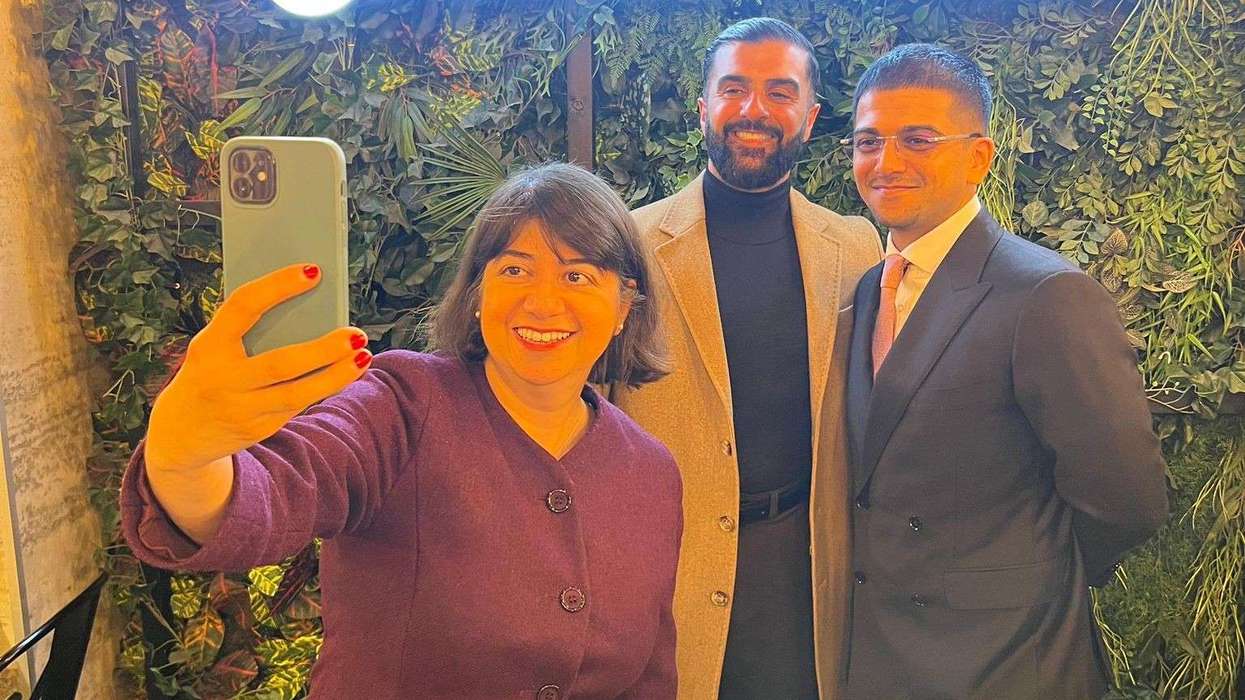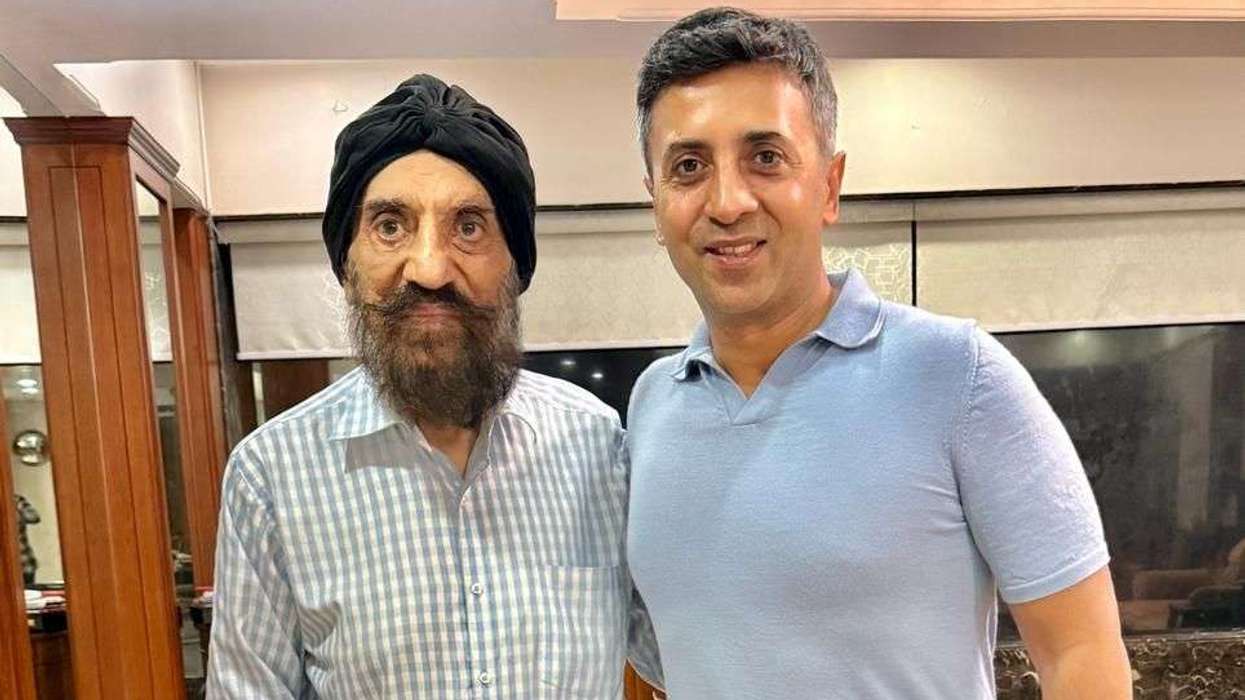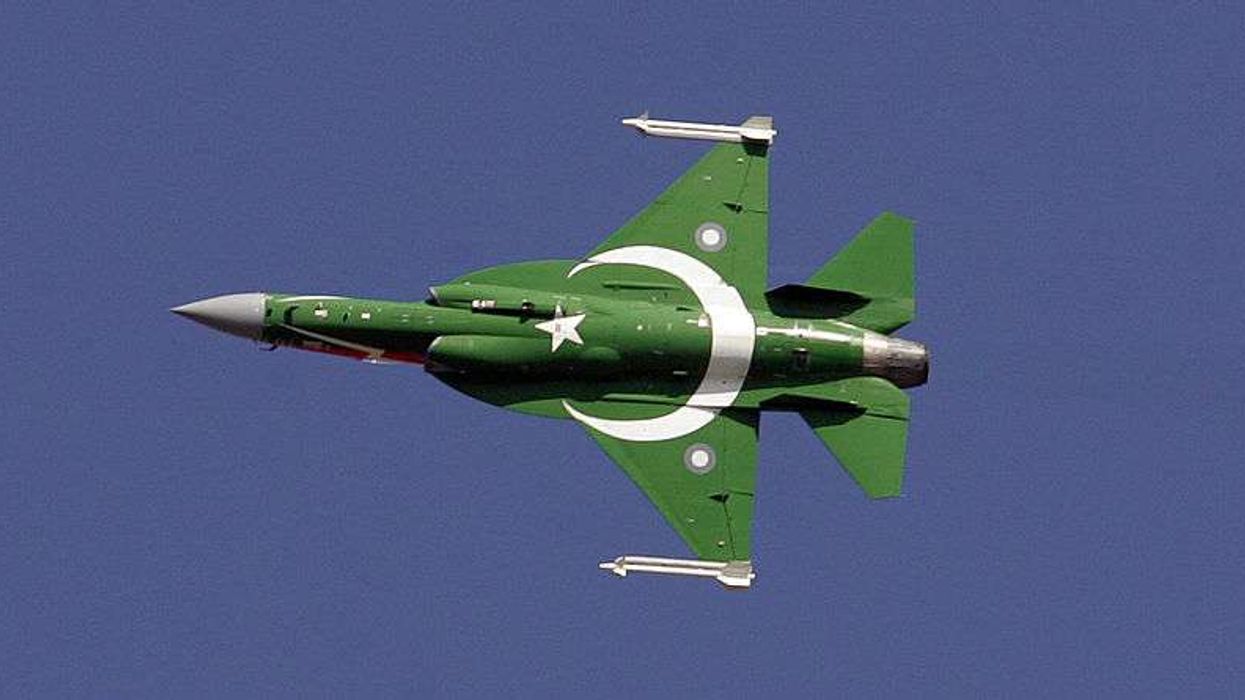THE recently finalised UK-India free trade agreement (FTA) is set to dramatically reduce prices for British imports in India while opening significant new markets for Scottish exports, industry leaders have confirmed.
Under the FTA announced in May, India will slash duties on UK whisky and gin from 150 per cent to 75 per cent immediately, with further reductions to 40 per cent over the next decade.
The agreement, expected to add £25.5 billion annually to the current two-way trade of £41bn, will make premium Scotch whiskies considerably more affordable for Indian consumers.
"The FTA is expected to improve access to premium Scotch whiskies by making them more competitively priced, as reductions in import duties on bottled-in-origin products will translate into lower retail prices across most states," said a spokesperson for Pernod Ricard India, the country's leading spirits company.
Pernod Ricard India, which owns brands including Chivas Regal, The Glenlivet and Royal Salute, described the agreement as "a positive step forward for both the industry and consumers".
The company's rival, Diageo, which owns Johnny Walker, has predicted "high single digit" price reductions for consumers alongside additional volume growth.
However, industry experts suggest the impact on India-made foreign liquor (IMFL) will be minimal, as these products remain at significantly lower price points. Pernod Ricard confirmed that brands such as Blenders Pride, Imperial Blue and Royal Stag would see little change in pricing.
The agreement extends beyond spirits to unlock entirely new markets for Scottish produce. Downing Street highlighted that the FTA had "unlocked a new salmon market through our deal with India, with tariffs dropping from 33 per cent to zero per cent".
Tavish Scott, chief executive of Salmon Scotland, welcomed the development, stating: "Securing frictionless access to key markets such as the EU, along with expanding opportunities in India, is crucial to protect our producers from unnecessary barriers like tariffs and red tape."
Prime minister Keir Starmer stressed the broader economic benefits for Scotland, saying: "These trade deals deliver long-term security for people in Scotland. They will create opportunities for more seamless trade and attract inward investment to grow the economy, making a difference to people's lives."
He added that consumers would benefit from "lower food prices at the checkout, more choice for consumers and higher living standards that will improve livelihoods across Scotland".
Business and trade secretary Jonathan Reynolds described the India deal, alongside recent agreements with the US and EU, as evidence that "this government is serious about striking the deals that our businesses want and need".
Secretary of state for Scotland Ian Murray highlighted the diverse opportunities: "From our world-renowned whisky distilleries to our cutting-edge green energy sector, Scotland has so much to offer international markets."
The FTA has also received cautious support from Indian producers. Goa-based John Distillers, makers of Paul John whisky, called the agreement "a significant step" towards strengthening bilateral trade, while acknowledging potential short-term challenges for domestic products.
"This may have a short-term impact on Indian products in India, however, we are confident about the quality of our products and believe we can rise to the challenge," the company said, expressing hopes for improved market access for Indian products in the UK.
The agreement also covers soft drinks and food exports, which the UK government says will "ramp up" Scotland's export economy.
With formal signing expected in the coming weeks, industry leaders are now awaiting final details of the FTA implementation.





